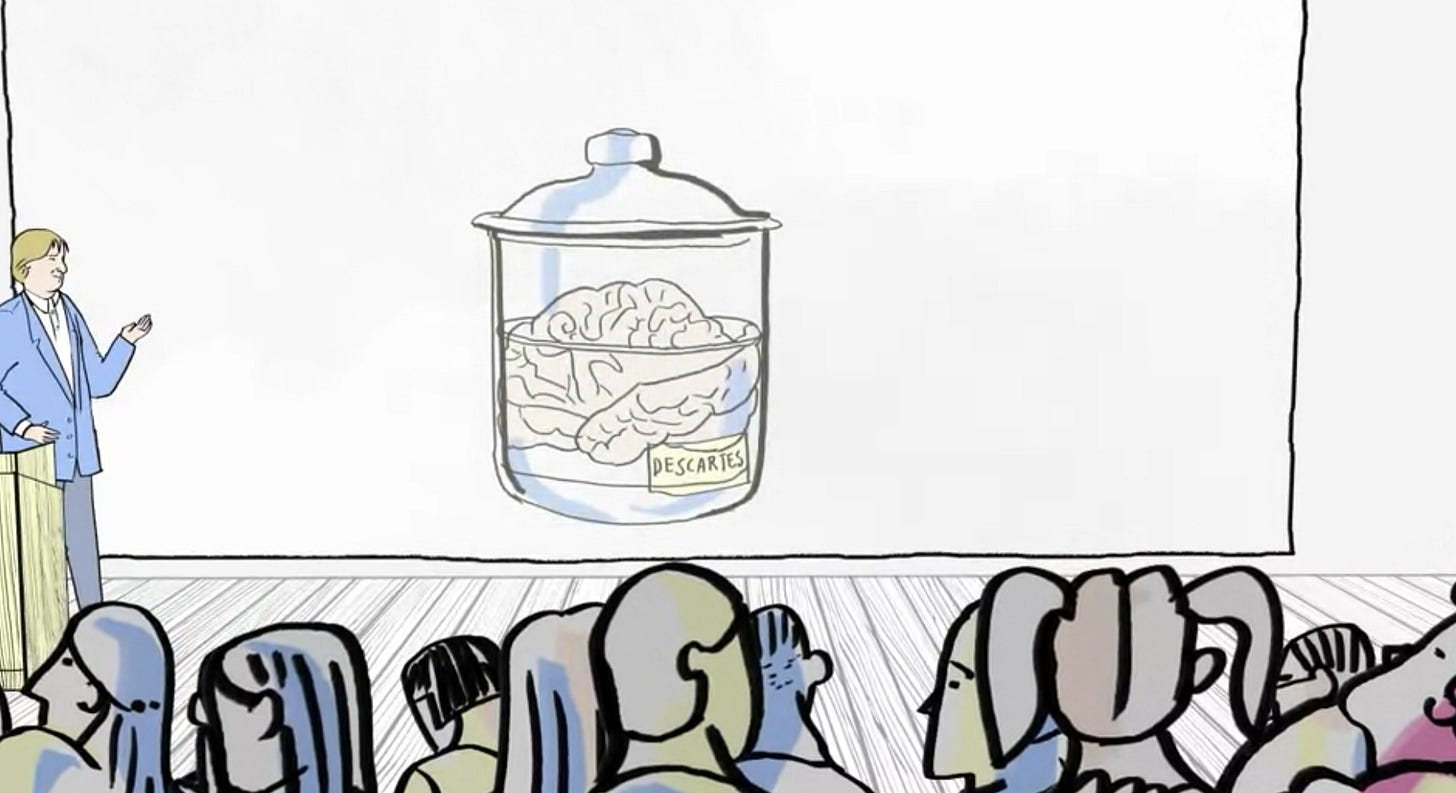Last week I read Charlie Munger’s Lesson on Elementary Worldly Wisdom and realized I was totally ignorant of a huge field of science: psychology.

Munger explains that you need multiple mental models to analyze the world:
And the models have to come from multiple disciplines—because all the wisdom of the world is not to be found in one little academic department. That’s why poetry professors, by and large, are so unwise in a worldly sense. They don’t have enough models in their heads. So you’ve got to have models across a fair array of disciplines.
Those models come from mathematics, statistics, accounting, biology, physiology, physics, engineering, and… psychology!
According to Munger, psychology is “an ungodly important subject if you’re going to have any worldly wisdom.” Because it teaches cognition: how humans think. You learn how your brain works and misleads you, so that you know your own cognitive limitations. You can then use this knowledge “to control and motivate other people”. Psychology also studies decision-making and how your biases can fool you, what Munger calls “the psychology of misjudgment”.
And yet, despite its importance, you’re never taught psychology. You have to learn it by yourself later in life, by making mistakes in your relationships with others.
I realized that at school and at the university I studied every single field of science and technology—even if sometimes just an introduction—with the exception of agricultural sciences and… psychology!
I can understand the omission of agricultural sciences. But why not psychology?
In another speech, Turning $2 Million Into $2 Trillion, Munger insists on the importance of psychology to understand the success of Coca-Cola. He concludes:
In short, academic psychology departments are immensely more important and useful than other academic departments think. […] Instead academia, by and large, continues in its balkanized way to tolerate psychology professors who mis-teach psychology, non-psychology professors who fail to consider psychological effects obviously crucial in their subject matter, and professional schools that carefully preserve psychological ignorance coming in with each entering class and are proud of their inadequacies.
According to Munger elementary psychology “can be taught to any intelligent person in a week”, so I decided to fill this huge gap in my knowledge. fpt.guide lists free resources to learn mental models and recommends Coursera’s “Introduction to Psychology”.
This course, taught by Pr Paul Bloom, is one of the best rated there. Pr Bloom is an amazing teacher. He gives some basic clues to understand oneself, others, language learning, common mistakes parents do when raising their kids, memory, Alzheimer’s disease, biases, additions, optical illusion, management, marketing… the list goes on!
It’s so useful that it should be taught at school.
For instance, the 4th module, “Self and Others”, teaches social psychology. The science that investigates the ways other people affect our thoughts, feelings, and behaviors. In this lecture, Pr Bloom cites several studies showing that human beings tend to favor their own group at the expense of others. This seems obvious, but we do so even if those groups are assigned randomly, by a flip of a coin. If you take a classroom and randomly give red t-shirts to some kids and blue t-shirts to others, they will favor kids with t-shirts of the same color! As Pr Bloom says:
We seem to be built with a hair trigger sensitivity to break the world up into us-versus-them, and to favor the group containing us over the group containing them.
Our brain is the result of thousands of years of evolution and this attitude is a survival mechanism. This simple learning is especially interesting to understand our polarized society.
This course explains many similar behaviors and that’s why I recommend it to everyone!
You can subscribe to receive this (free!) newsletter here:
Antoine



